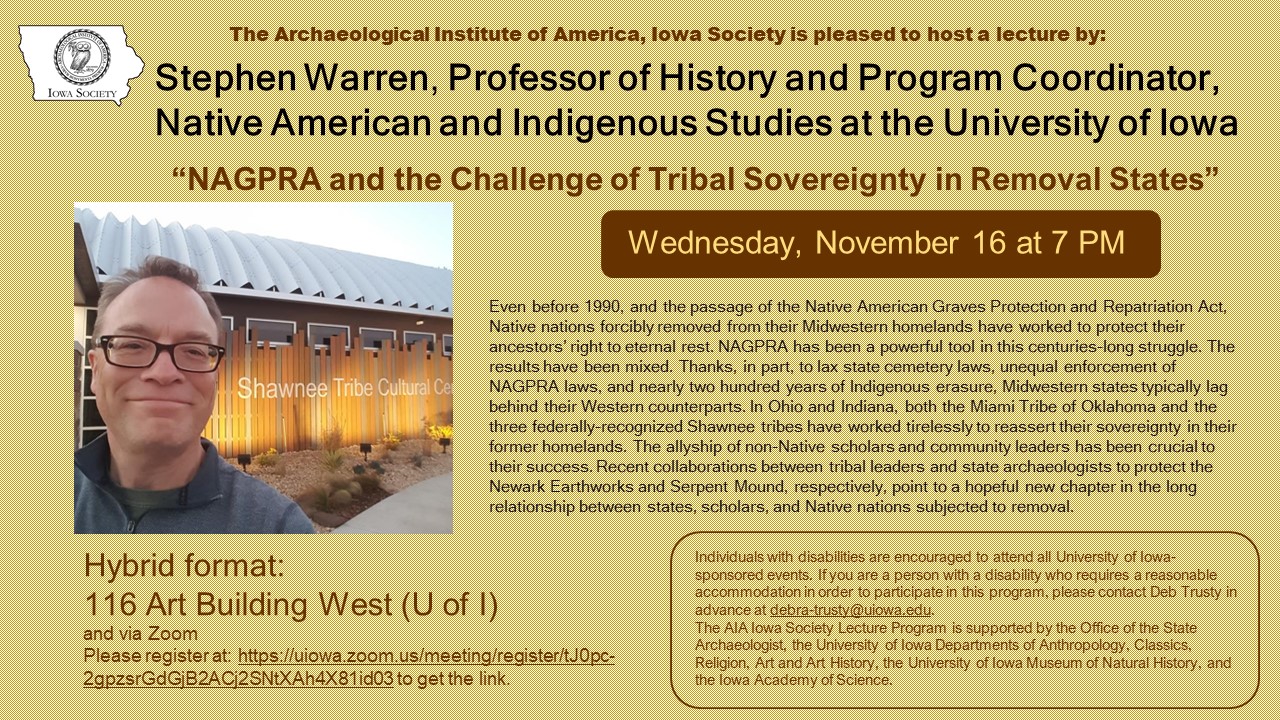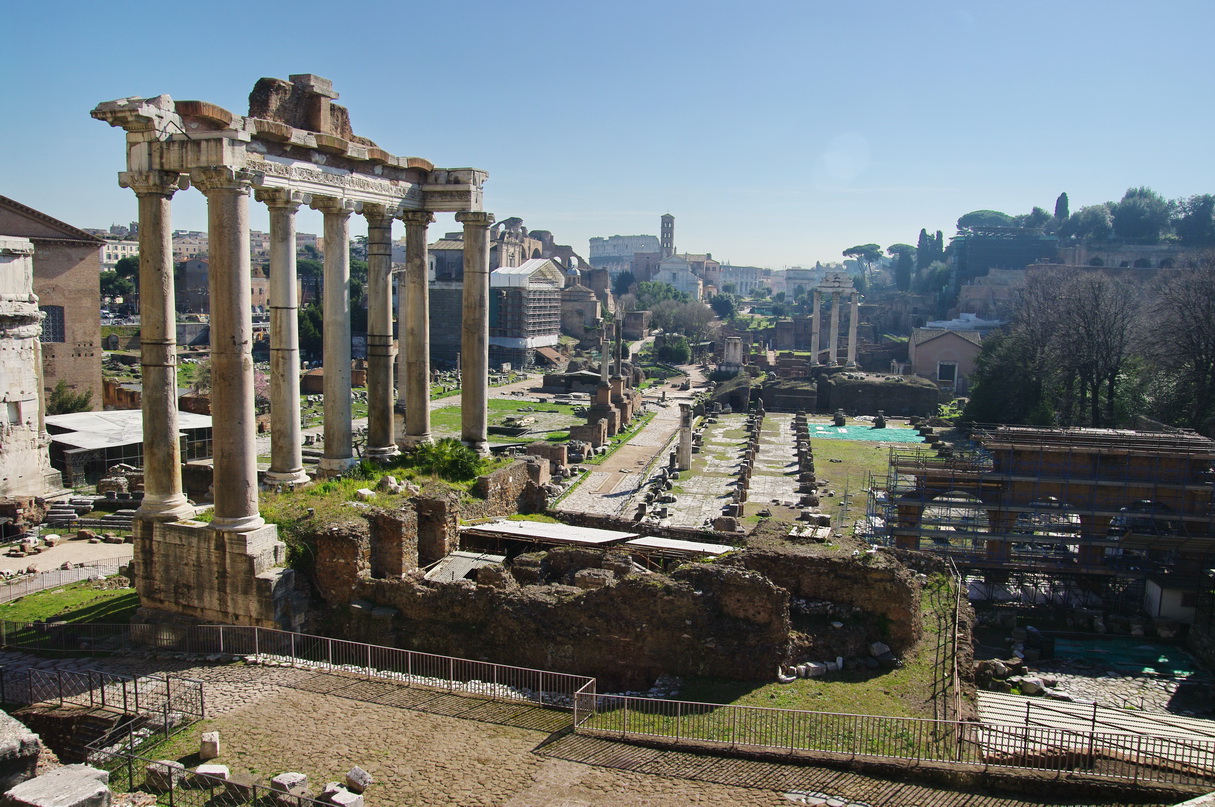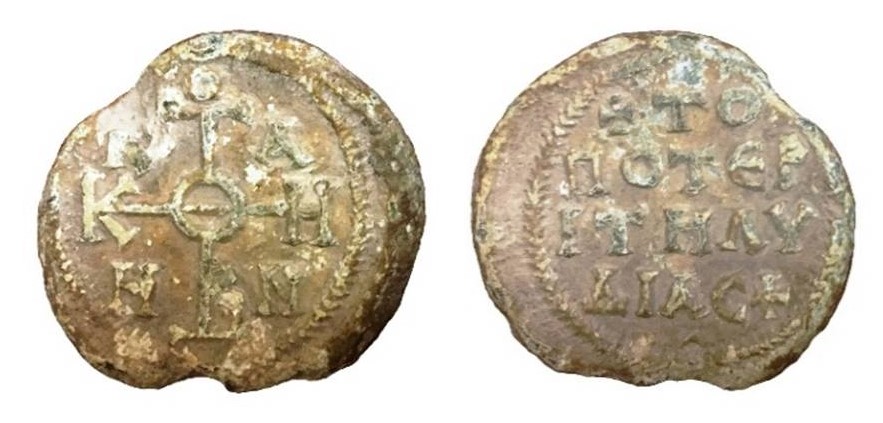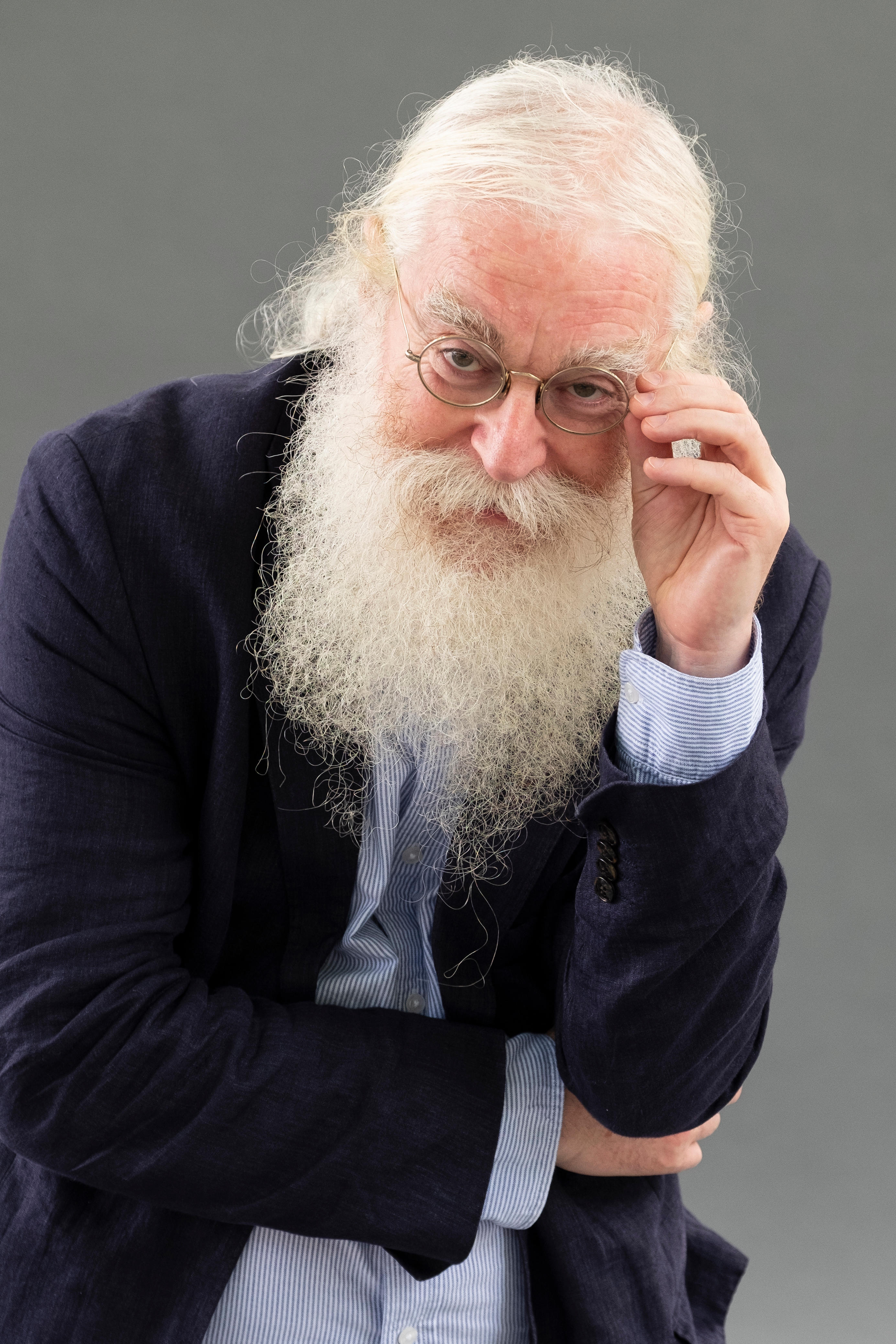Dr. Steve Warren
University of Iowa campus (exact location TBA) Iowa City, IA, United StatesDr. Steve Warren (University of Iowa) will discuss his recent research on community-engaged research and collaborations between the three federally-recognized Shawnee tribes and state archaeologists and historians to protect Hopewell mound complexes in Ohio.




